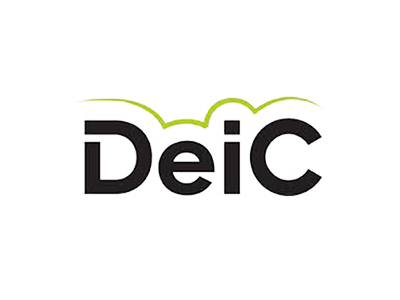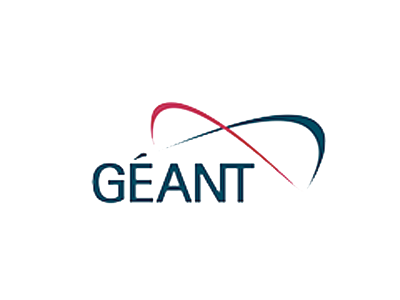
Clearing the path to seismological data
Would you like to know what’s shaking? Then please go to one of the places in Europe where seismic data from the region is gathered and made accessible to researchers all over the globe. It is the data archive of ORFEUS (Observatories & Research Facilities for European Seismology), the non-profit foundation to coordinate and promote digital, broadband seismology in the European-Mediterranean area. The data infrastructure, called ORFEUS-EIDA, federates eleven European seismological data centres into a common framework. It collects and archives data from geophysical instruments like broadband sensors, short period sensors, accelerometers, and infrasound sensors.
ORFEUS-EIDA secures long-term preservation of seismological data together with offering tools to access data and advanced seismological services and products. It also serves as a platform for the curation of seismological data and its description with canonical metadata.
Currently the ORFEUS-EIDA research data infrastructure contains more than 400TB of primary data holdings (above an image showing part of the 8512 EIDA stations). The amount of data is increasing steadily, attracting a growing number of seismologists counting hundreds of users in the scientific community, who perform tens of millions of data requests every year.
Nevertheless, much more can be done to increase the value and accessibility of this seismological data further.
This is where the EOSC-hub project comes in. EOSC-hub is developing services for the European Open Science Cloud, the high-level initiative to give the EU a global lead in research data management and ensure that European scientists reap the full benefits of data-driven science.
Research & education networks contribute to the EOSC-hub project, among them European GÉANT, Danish DeiC and Finnish CSC.
The ambition of the EOSC-hub project is to establish “a single contact point for European researchers and innovators to discover, access, use and reuse a broad spectrum of resources for advanced data-driven research”. EOCS-hub wants to give researchers ”a broader access to services supporting their scientific discovery and collaboration across disciplinary and geographical boundaries”.
Seismology is one of the research communities collaborating in EOSC-hub. Others are disaster mitigation, life science, radio astronomy, and fusion research.
In the course of the project, services will be developed to make it easier to securely access seismological data, and by minimizing data movements users will get better access to storing and computing data, together with improving data management procedures and finding better ways to harmonize data.
For more information please contact our contributor(s):



